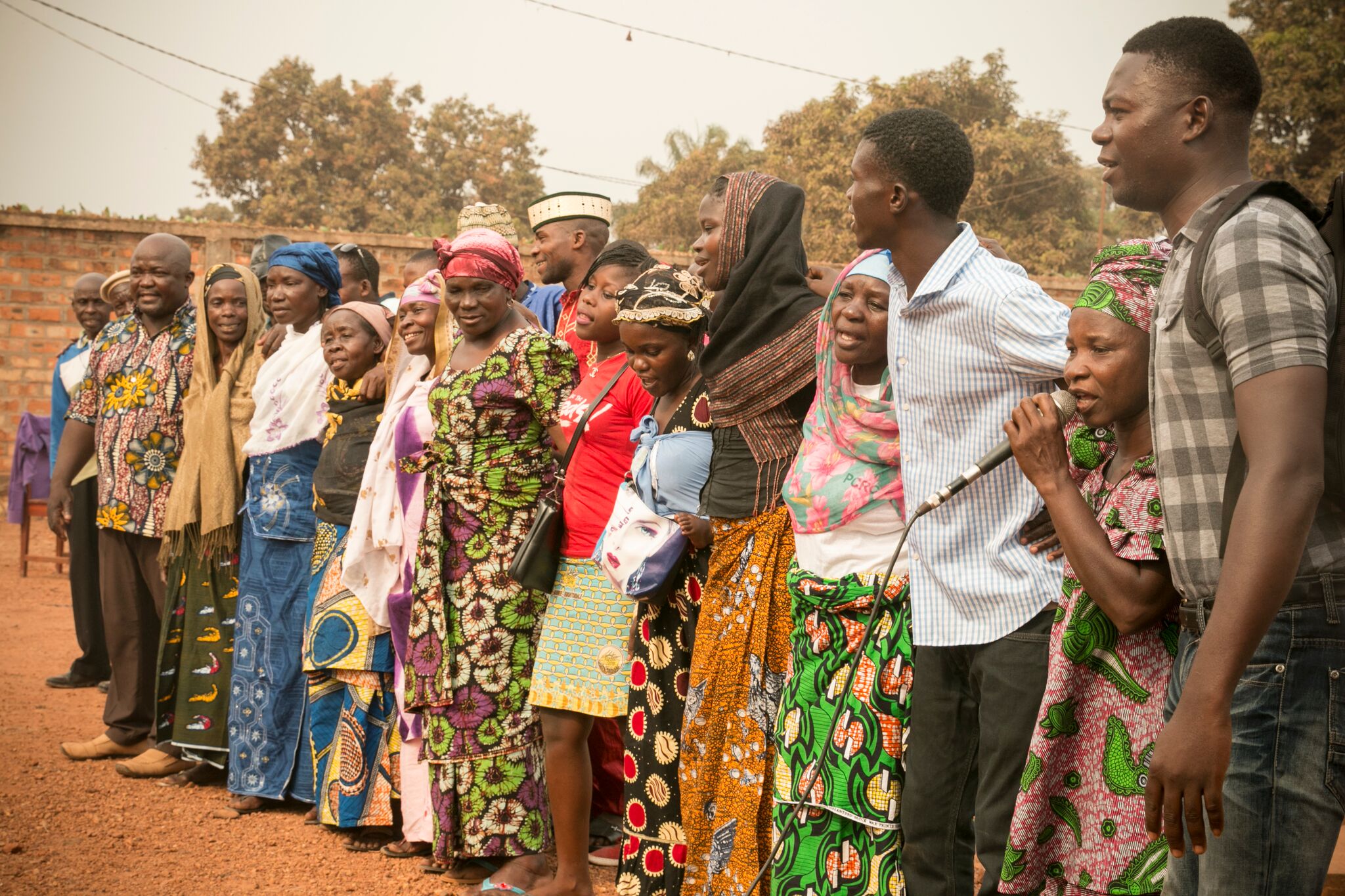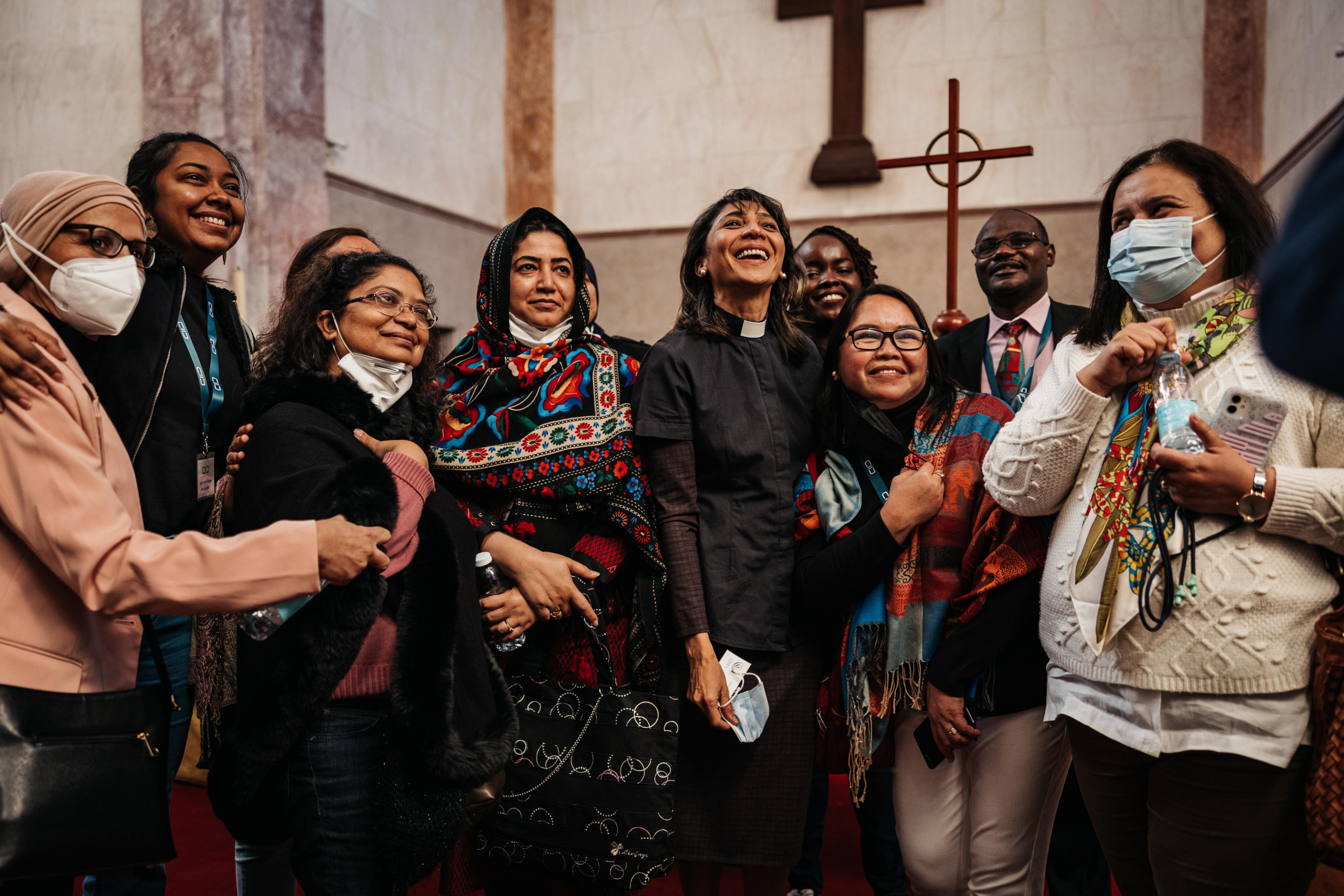Dialogue Voices
The Dialogue Voices are personal accounts of interreligious commitment and experience. They show approaches to, and forms of, interreligious dialogue, and its impact and context on a local, national, or global level. They represent a cross-section of dialogue experiences and its impact worldwide.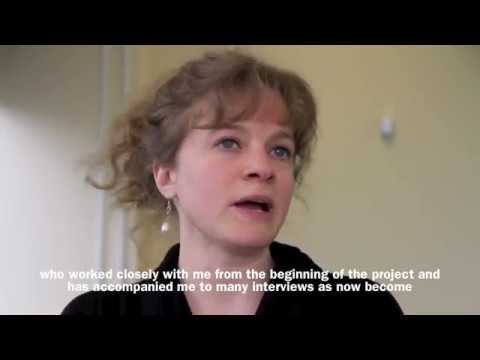
Deconstructing prejudices in Canada
Andreanne Pâquet explains how “Ce qui nous voile” was started to help deconstruct prejudices and the impact of this initiative.
“Ce qui nous voile” is an initiative based in Quebec, Canada that was started by Andreanne Pâquet. After her experience of working in secondary schools in Quebec, she noticed many prejudices towards Muslims but specifically Muslim women who wear the veil. “Ce qui nous voile” set up an exhibition to show portraits of veiled women and to explain their motivations for wearing the veil. This provided an opportunity to bring different communities together to meet and speak to one another.
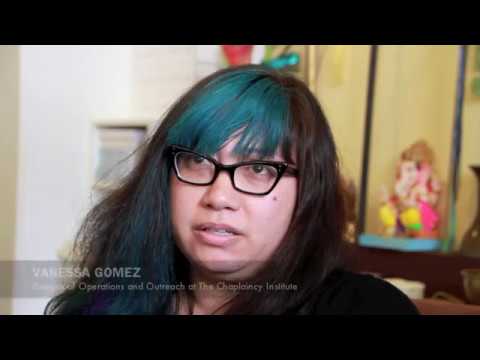
Creating educational opportunities for youths in California
Vanessa Gomez explains the origins, purpose and goals of the Chaplaincy Institute. She also talks about the importance creating educational opportunities for youths.
The Chaplaincy Institute was founded by clergy who realized that there was a greater need for interfaith engagement between different religious traditions. Therefore the Institute began not only to educate its students in their own faith traditions but also to focus on other faiths as well. Graduates from this institute go on to different professions where they are able to apply their interfaith education in a practical manner.
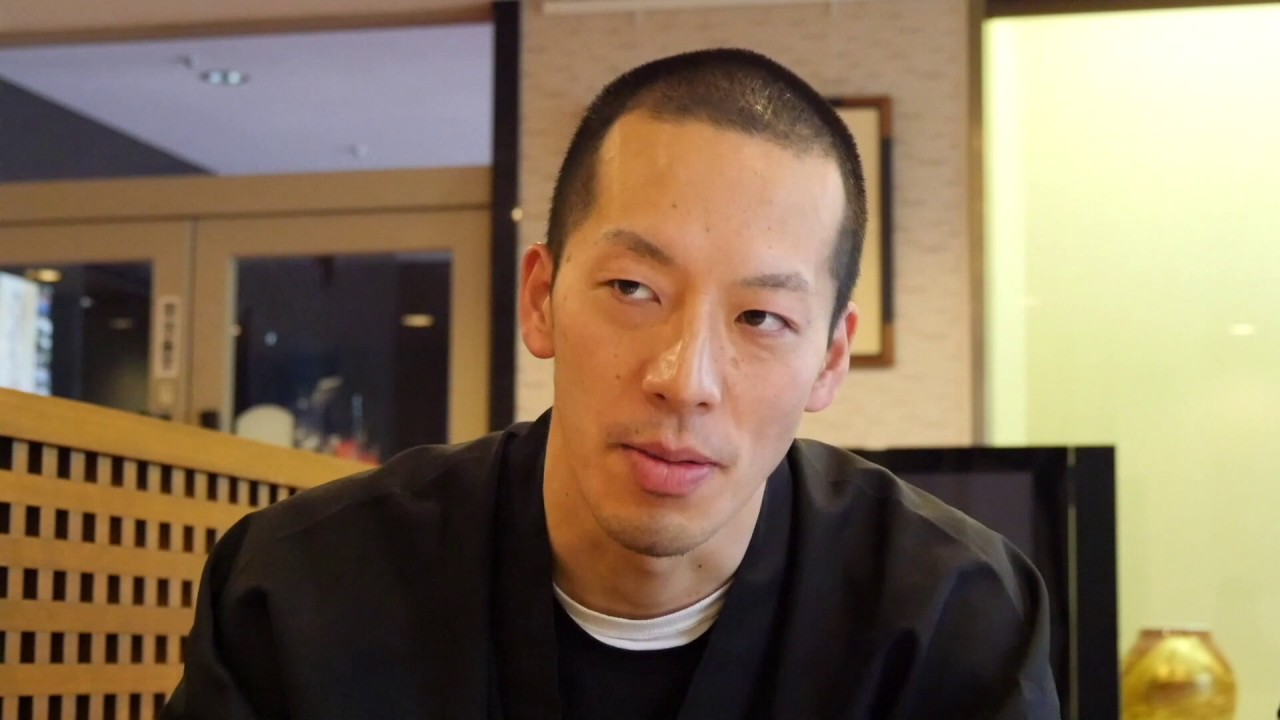
Creating true friendships through coming together in Japan
Elgen Onishi talks about what he hopes to accomplish through interfaith dialogue and what he would like to focus on with interfaith dialogue.
Elgen Onishi explains that he would like to focus on more real actual activities such as volunteer work in order to help people. He believes that the topics of focus of the Kiyomizu-der Temple in interfaith dialogue should be simple. For example, living together, or how we can form friendships. Elgen Onishi would like his impact to be focused on creating true friendships through coming together and sharing a moment rather than the topic of discussion itself.
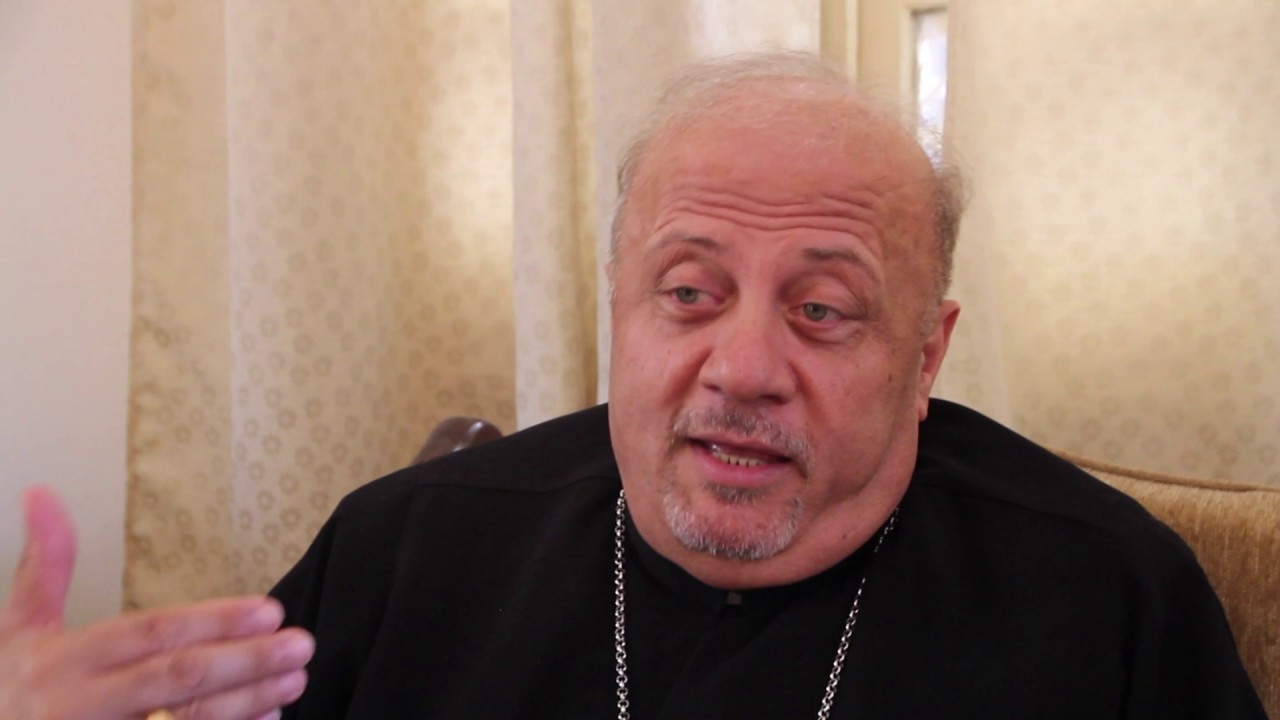
A bite of coexistence in Jordan
Nabil Haddad explains his understanding of coexistence and shares a story about an encounter he had with a Muslim Jordanian.
The Jordanian Interfaith Coexistence Research Center promotes interfaith dialogue and peaceful coexistence between Muslims and Christians. Nabil Haddad recounts his experience with a Muslim man who came to consult with him about inviting his Christian friends over for lunch during lent. The man wanted to return the kindness his Christian friends had shown to him during Ramadan when they invited him to their homes for the Iftar dinner. This activity of eating together ended up transforming into a big event called ‘a bite of coexistence’.
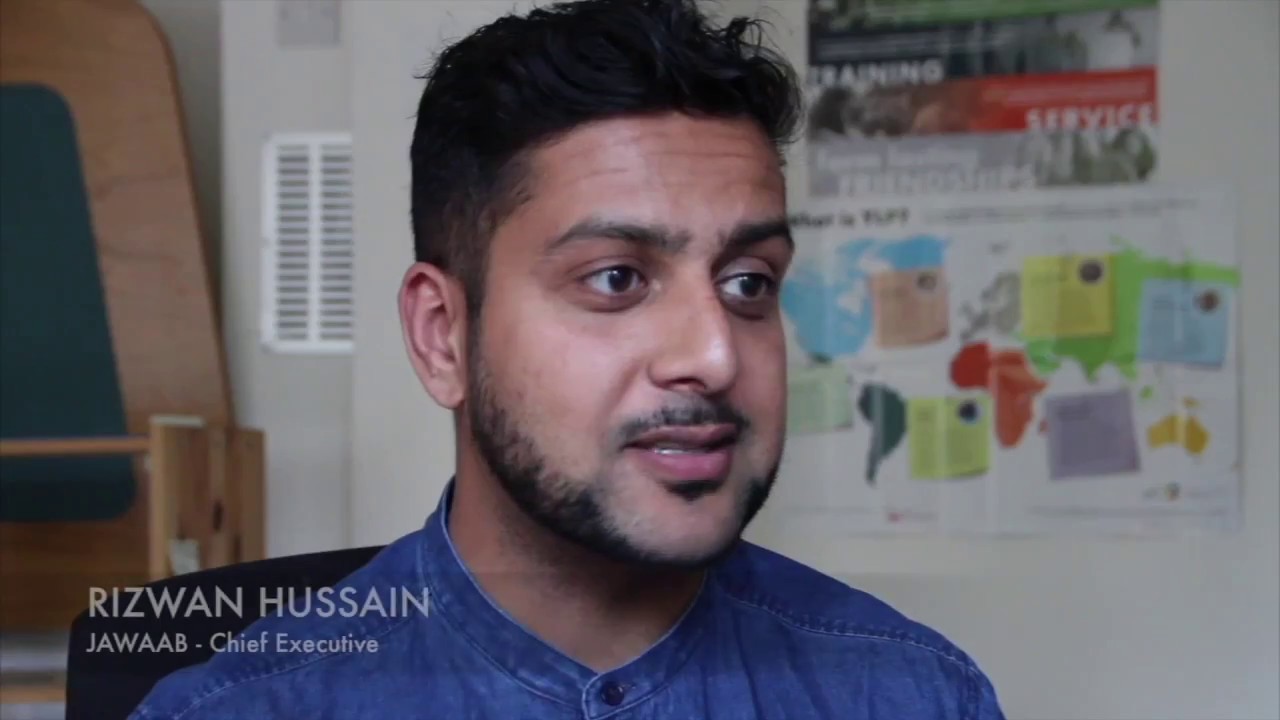
Strong social actions in the United Kingdom
Rizwan Hussein speaks about his approach, and definition of interfaith dialogue and the impact interfaith dialogue has had on his own faith.
Rizwan Hussein likes to constantly meet people, learn about them and discover common ground. For Rizwan strong social action on the ground is something that moves him rather than discussing theology. Rizwan believes that learning about other faiths has been an integral part of strengthening his own faith.
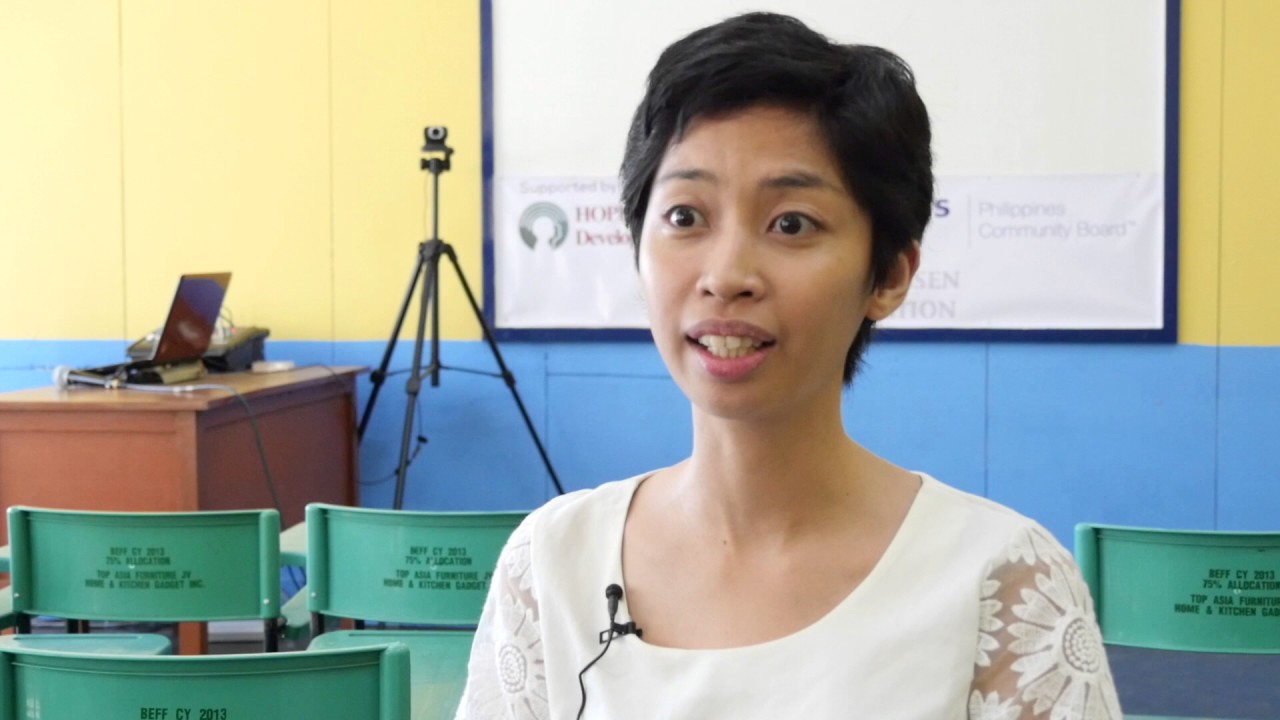
Using technology for peace initiatives in the Philippines
Dana Raissa de Guzman talks about the Global Classroom Program at Peace Tech along with its aims and challenges.
Dana Raissa de Guzman speaks about the Global Classroom Program which connects students in Manila with students in Mindanao, Philippines via skype conferences. Peace Tech relies heavily on technology therefore there are occasions when classes have to be conducted offline due to power or internet connection problems. Most of the students in Manila are Christians, while the majority of students in Cotabato are Muslims. Initially the students were shy to interact with one another but overtime they formed strong bonds with each other.
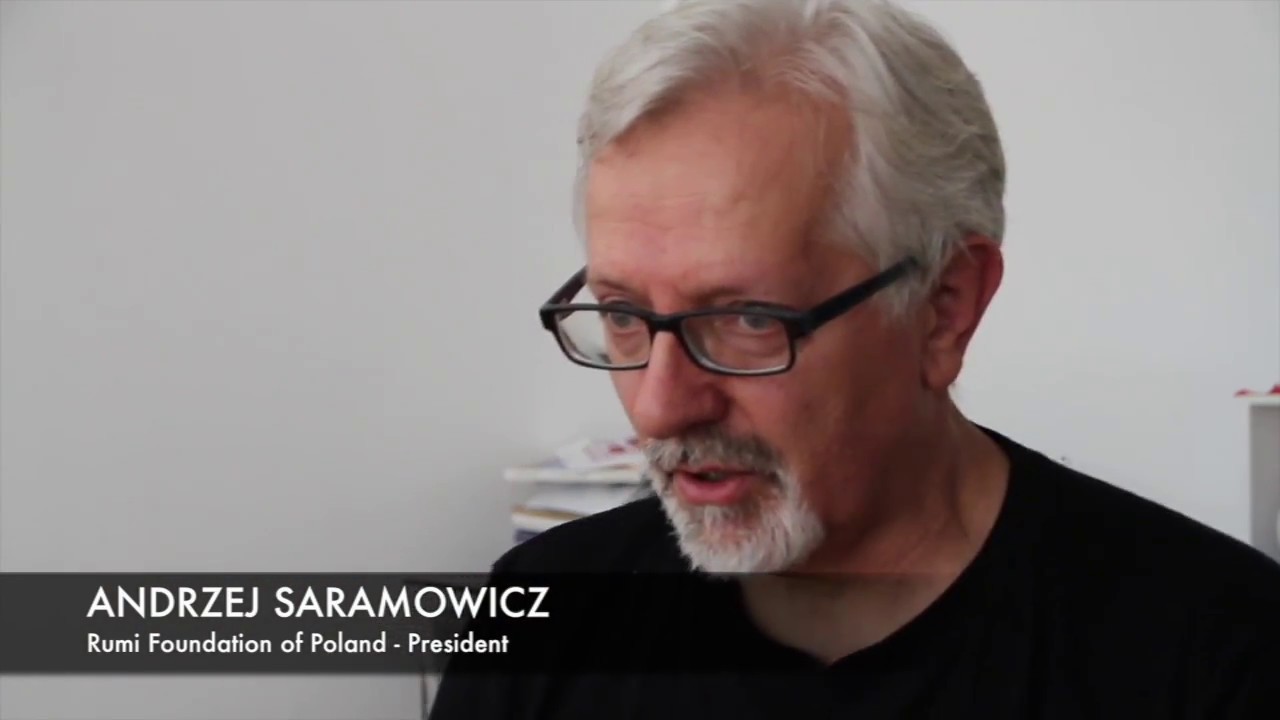
To see one another as human being, Poland
Andrzej Saramowicz speaks about internal changes that are necessary for changing the world.
Andrzej Saramowicz believes that true change has to take place individually, and that one must first change himself before changing the society. People should change themselves by changing their hearts. Andrzej Saramowicz believes that the purpose of interfaith dialogue is to see one another as human beings.
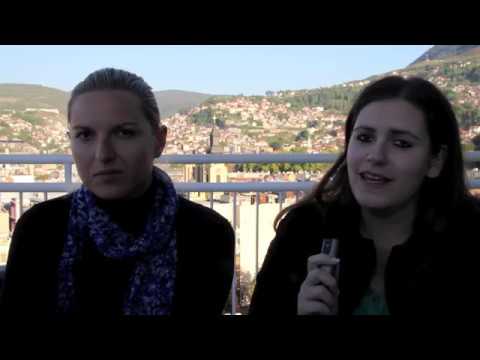
Learning to live together in Bosnia and Herzegovina
Nadezda Mojsilovic and Lejla Hansandedic discuss different projects carried out by the All Together, Youth Movement and their focus as an organization.
Nadezda Mojsilovic and Lejla Hansandedic talk about one of their first projects that involved helping children without parents or some kind of parental care. They have both worked with a lot of young people, hosting seminars, trainings, and conferences for people with different faith backgrounds. Their approach to interfaith dialogue is learning to live together and reconciliation. Reconciliation, peacebuilding and respect are the primary focuses of their work.
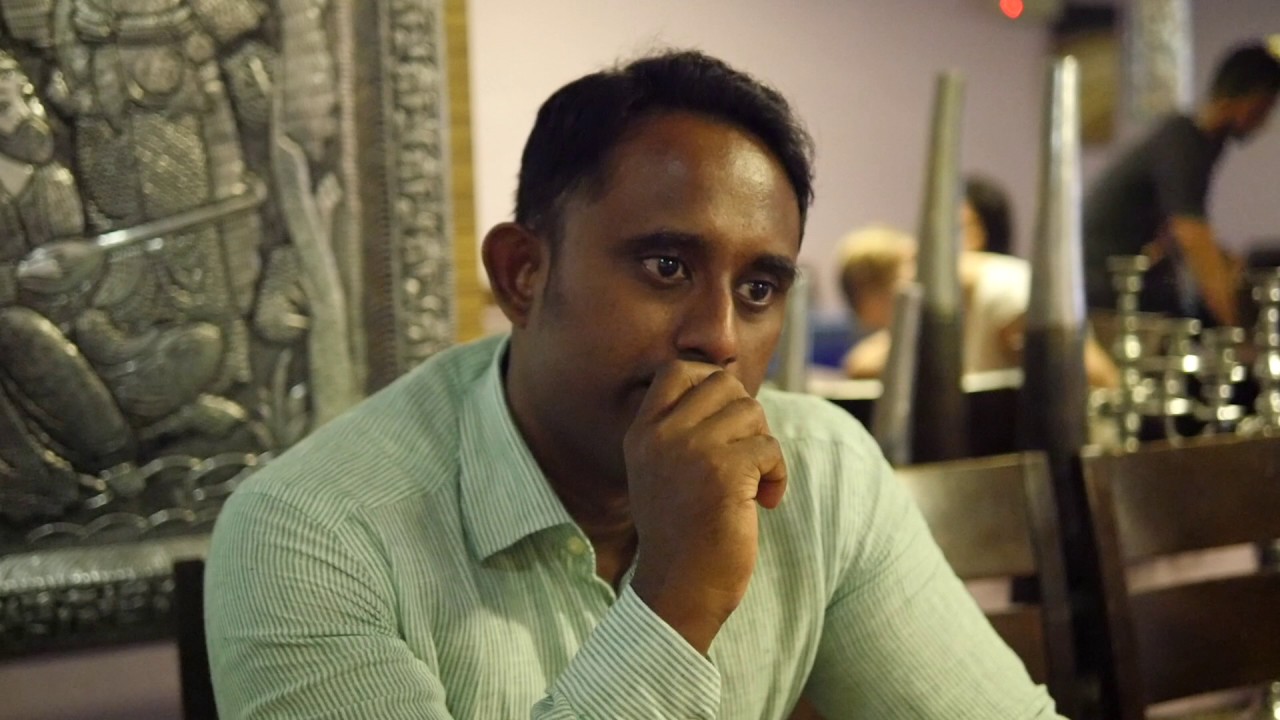
Using interfaith activities to assist with social problems in Singapore
Mohamed Nawab Osman talks about why interfaith dialogue is important in Singapore.
Mohamed Nawab Osman speaks about the growing amount of atheists and agnostics in society. He thinks that in order to better understand and coexist, both sides must attempt to understand each other. He believes that the biggest challenge he has will be to reach out to people who do not believe in interfaith. He also thinks that interfaith can be used to assist with social problems such as drug abuse and inequality.
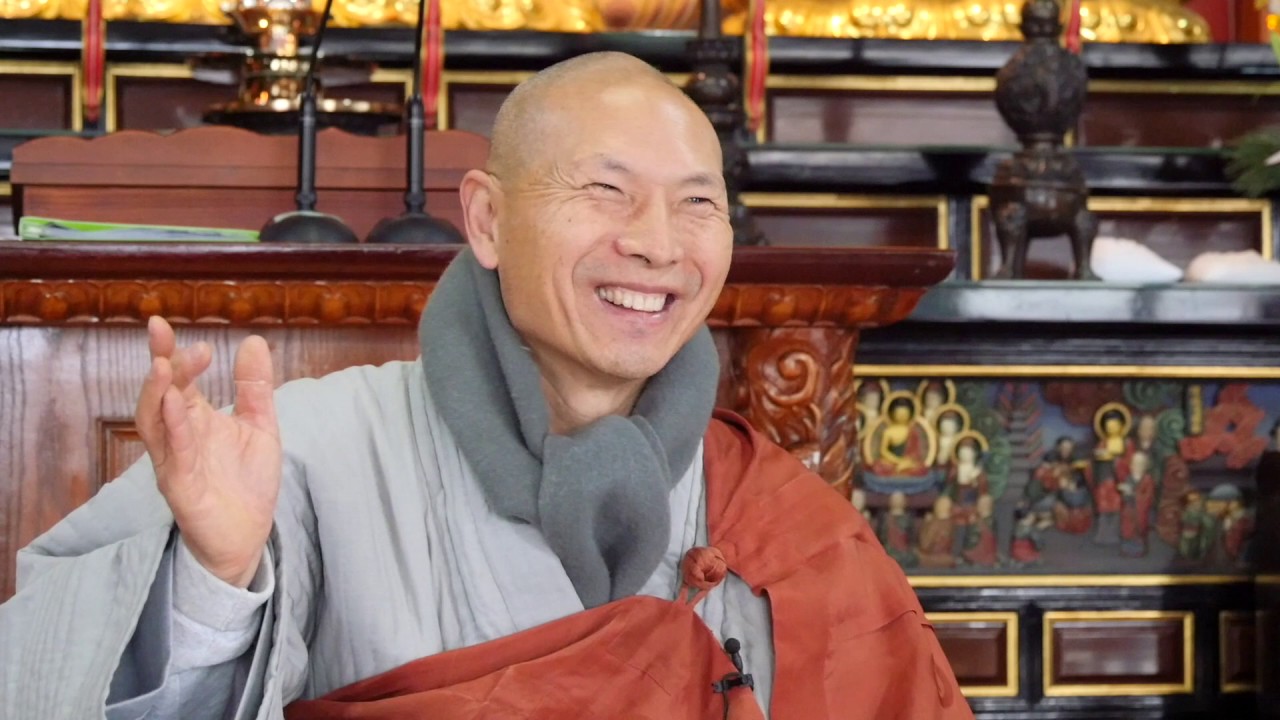
Creating a culture of peace in South Korea
Jinwol Lee speaks about creating a culture of peace and explains the reason behind the initiative’s name.
Jinwol Lee is a Buddhist monk and co-founder of United Religions Initiative. This initiative tries to create a culture of peace, justice and healing for all. Not just for human beings but for all sentient beings. The acronym for United Religions Initiative is URI or as Jinwol Lee puts it, “you are I”’ or I am you.

